Netflix’s latest Hindi offering, Bombay Begums, is a superbly acted drama, even if not a superbly written one. However, the one thing that the show absolutely nails, is the way it builds its protagonists.
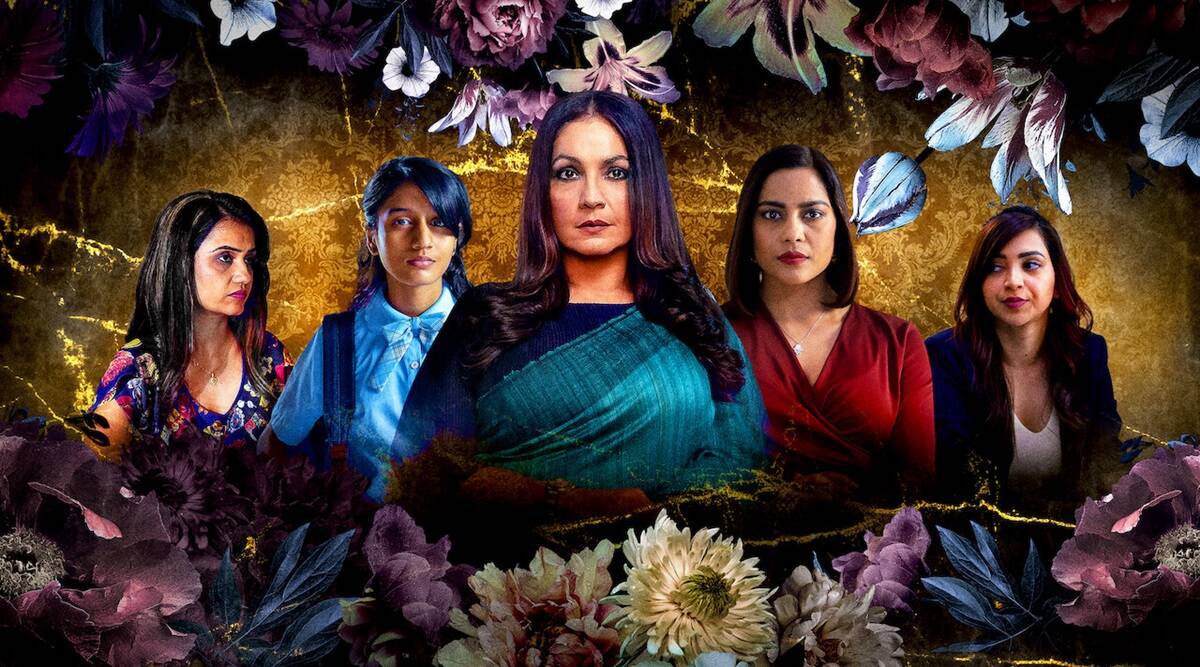
In the world of Bombay Begums, female characters are neither placed on an altar, nor debased for a cause. They’re simply human – flawed, real, imperfect, highly relatable, and most definitely, ‘unsanskari’.
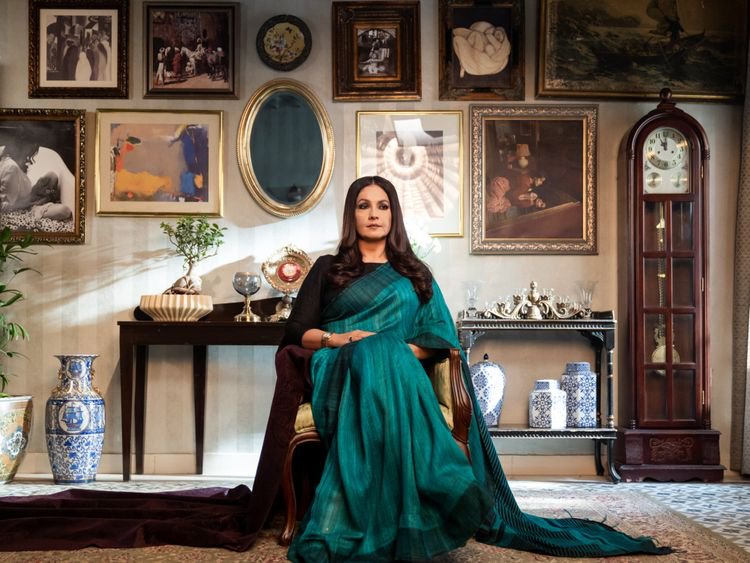
Here’s a look at some of the most ‘unsanskari’ moments and dialogues from the show:
1. When Rani experiences, and exhibits, physical symptoms of menopause but can’t accept or showcase them because of sexism and ageism.
Rarely, if ever, do movies and shows present the many physical challenges that women face because no matter the story, the shows/movies prefer presenting women that are perfect to the point of being unnatural. But not Bombay Begums.
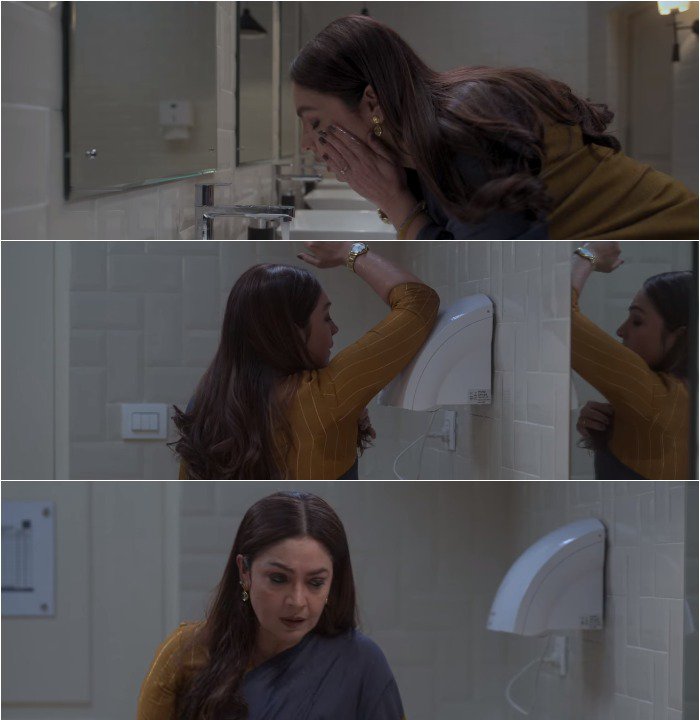
For all her poise, grace, and determination, Rani can’t accept the natural onset of menopause, even to her female colleagues.

Because though women’s bodies are battlegrounds, in an unequal, patriarchal society, we’re often, if not always, forced to hide the physical symptoms we battle.

Thus, even though Rani experiences the physical symptoms (severe heat flashes), she can’t accept them, lest she is deemed unfit to be the bank’s CEO.
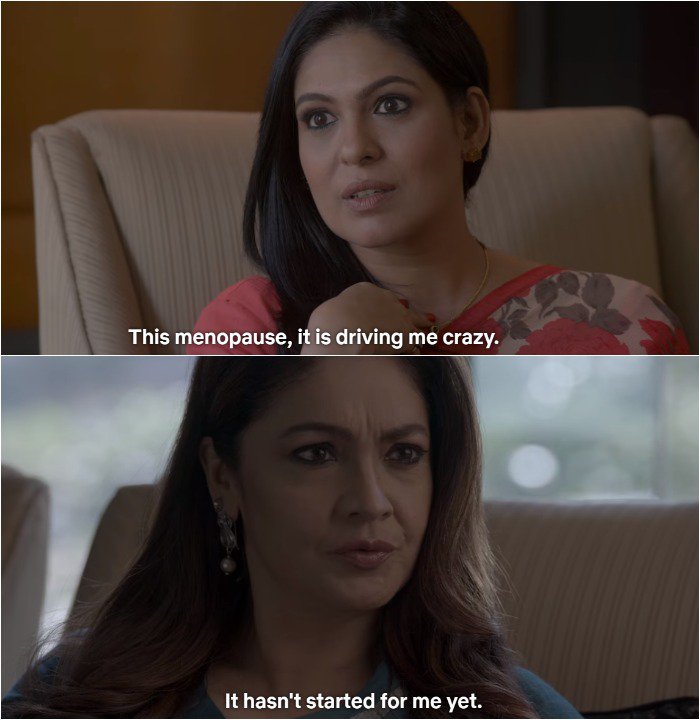
2. When it showed what miscarriage and menstruation actually look like. And yes, it’s bloody.
Bombay Begums challenges the flawed notion of miscarriages being a taboo subject, by showcasing the bloody reality of what a miscarriage actually looks like, while also addressing the mental and emotional pain it causes a woman.

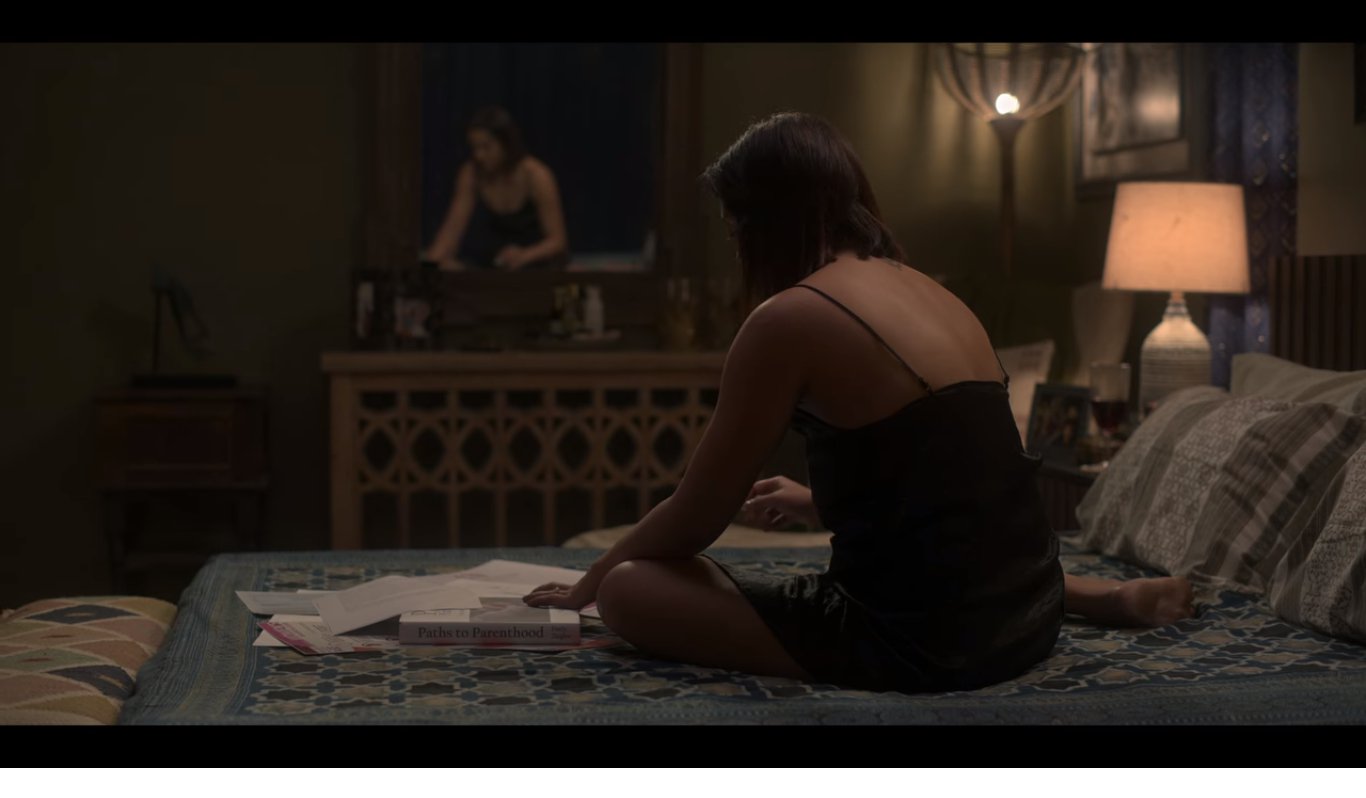
Similarly, it does not resort to sexist, regressive phrases like “ab tum aurat ban gai ho” to indicate that 13-year-old Shai has begun menstruating. Rather, it focuses on her periods with a kind of natural ease – after all, it is a biological function that no one should be ashamed about.

3. When Ayesha’s bisexuality is not a ‘phase’ but a part of her reality.
The show deserves complete credit for showcasing Ayesha’s sexual orientation, without making it cause, a rebellion, or an experimental phase because she shifted from a small town to a big city.

As she admits, it’s something even her mother has an inkling about because her sexual orientation has always been a part of her.
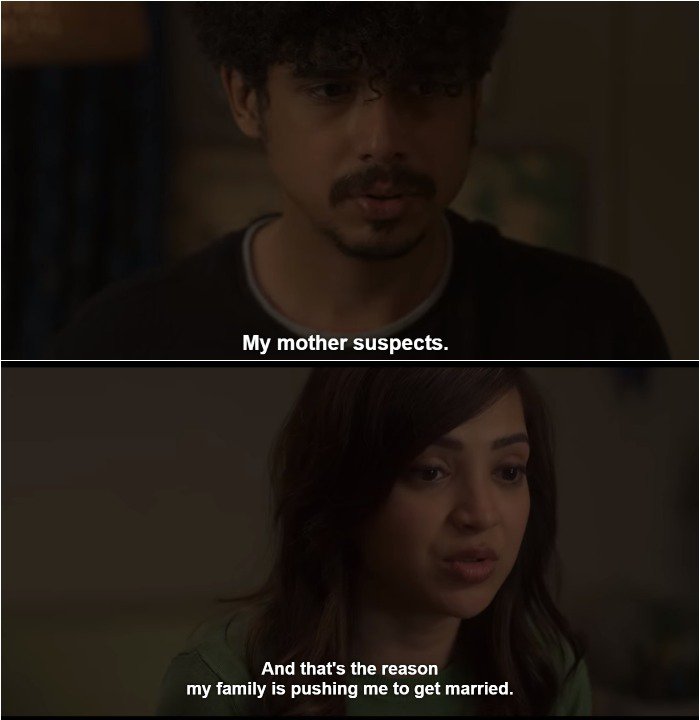
Kudos to the creators for focusing on Ayesha’s struggles with love and lust in a way that is separate from her sexual orientation, but common to most young adults. Simply put, it’s not because she is a bisexual that she is confused about who she loves more, among the two people she is seeing.
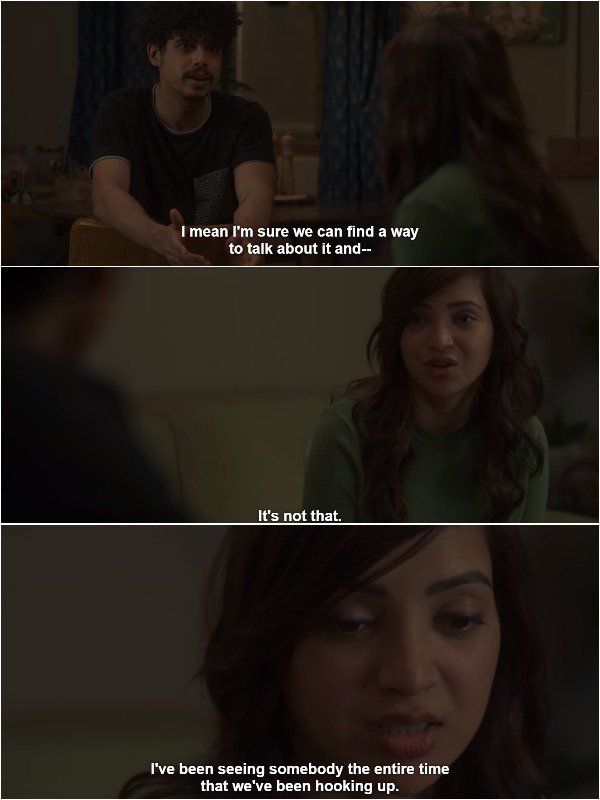
4. When it showcased Fatima’s struggles with accepting her body after she is unable to conceive.
Society has conditioned women to believe that motherhood is not their choice but an undisputed reality. And this conditioning is so deep-rooted, that despite her professional success, Fatima struggles with coming to terms with the fact that she can’t conceive.
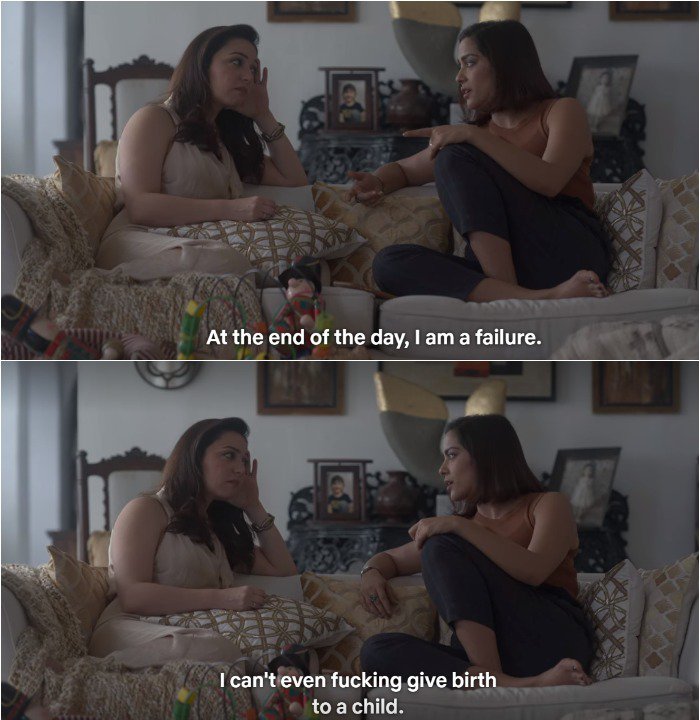
She even has an extramarital affair, because it makes her feel happier about her body, and frees her from even her own judgment. And Goswami absolutely nails Fatima’s insecurities and the consequent sense of shame and guilt.
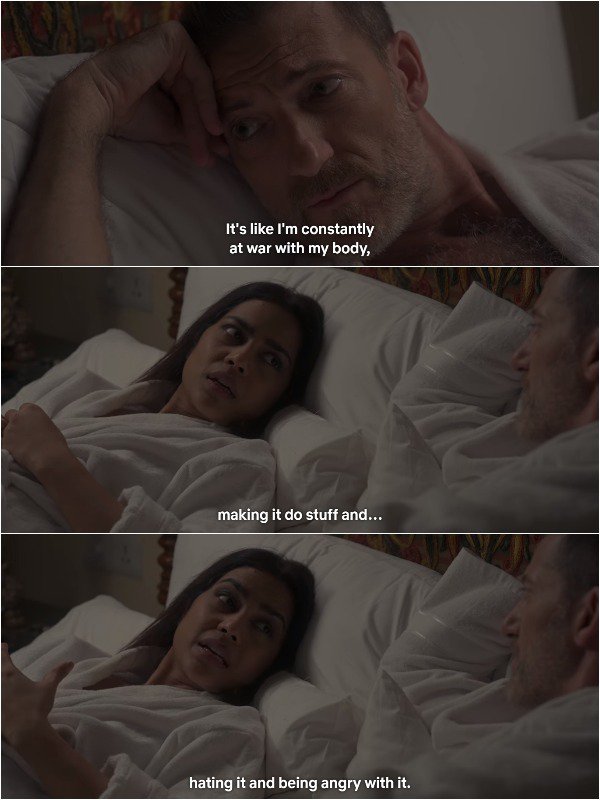
While it’s also a subtle reminder of the importance of mental health, on a larger scale, it’s a lesson in how we need to build a society where cisgender women aren’t judged for their biological capabilities alone.
5. When it presented Rani and Naushad’s unconventional marriage.
Movies and shows have convinced us of what marriages ‘should’ look like. But the reality, for many couples, is far different than the norm. Like Rani and Naushad’s marriage.
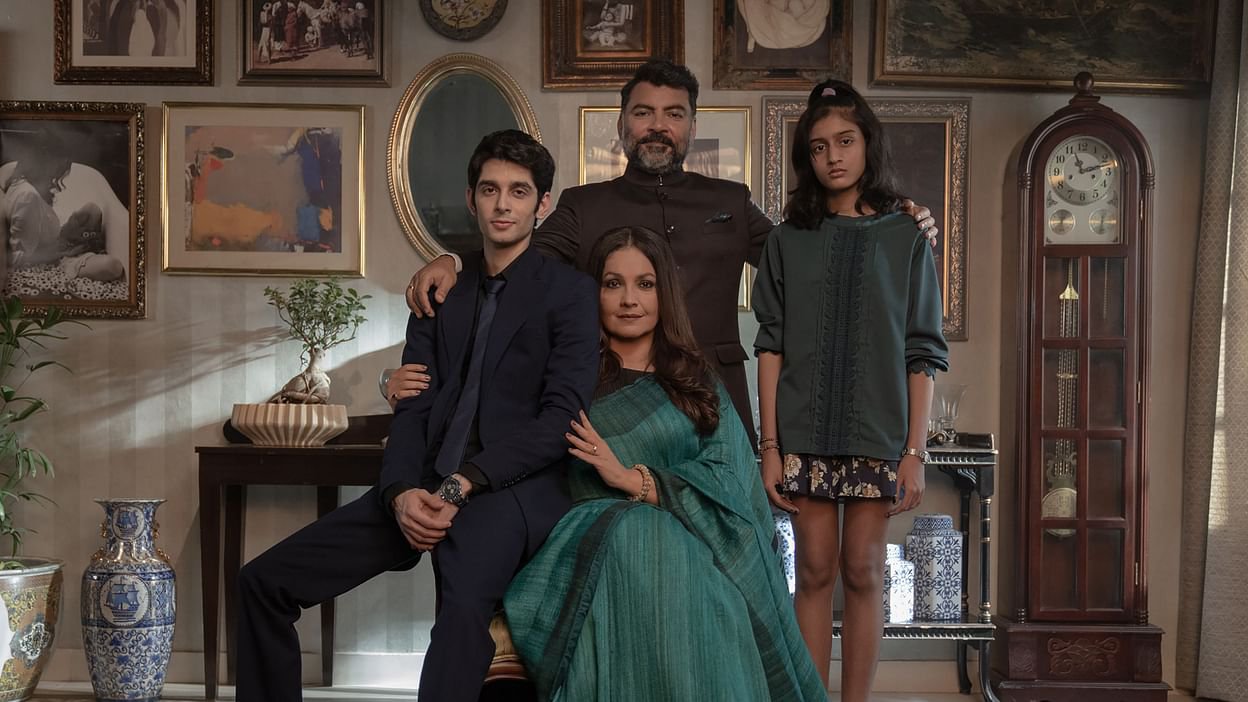
Rani accepts that Naushad’s first wife will always be a salient member of their marriage, even in their most intimate moments.
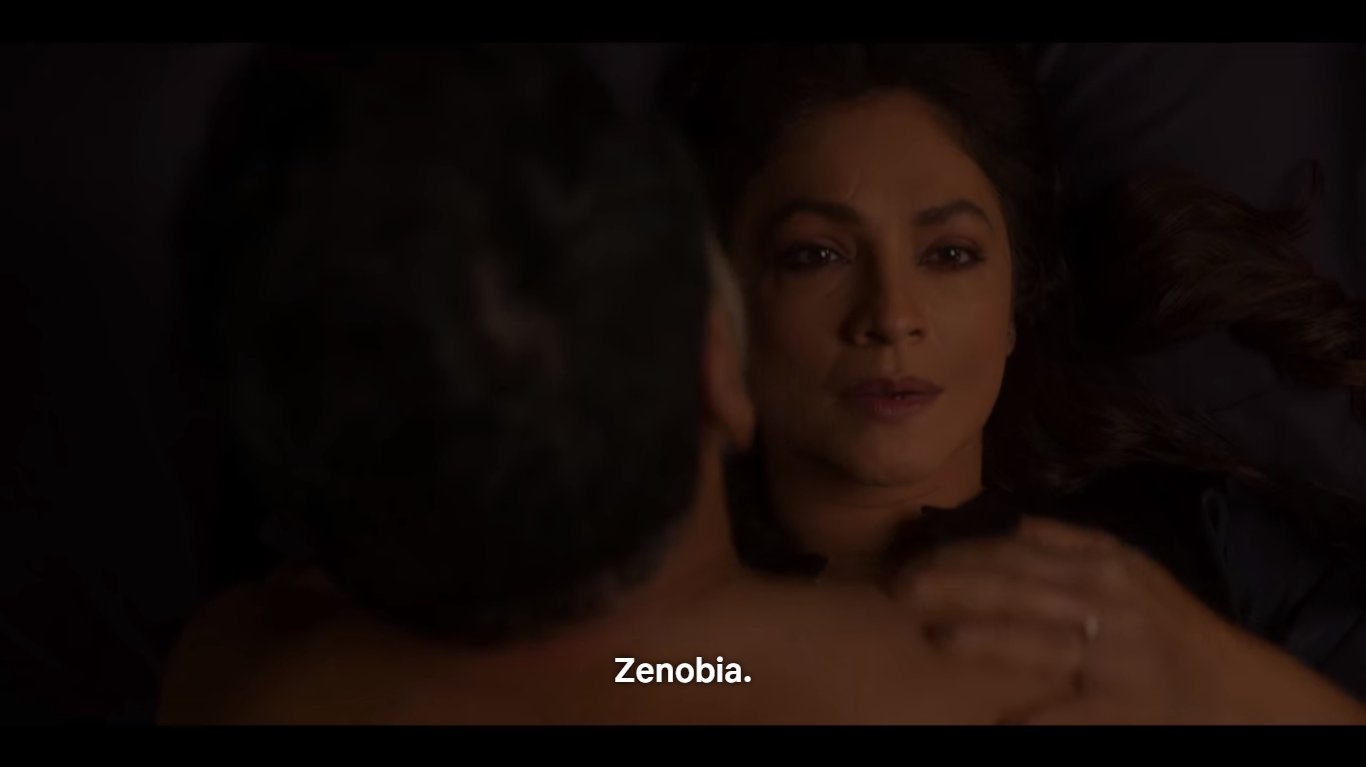
Similarly, when news of Rani’s extramarital affair breaks, Naushad stands by her, accepting that Rani needs to fulfill her emotional and physical needs.

Their marriage is far from ideal. But it’s certainly more honest than most. And it has that intrinsic element often found missing from so many ‘conventional’ marriages – mutual respect.
6. When Ayesha is too confused and scared to admit that she was sexually assaulted by a mentor she looked up to.
When the very person Ayesha is in awe of, takes advantage of her earnestness and assaults her, despite her repeatedly saying no, she is left shocked.

When the incident is first brought to light by another person, Ayesha refutes the claim.
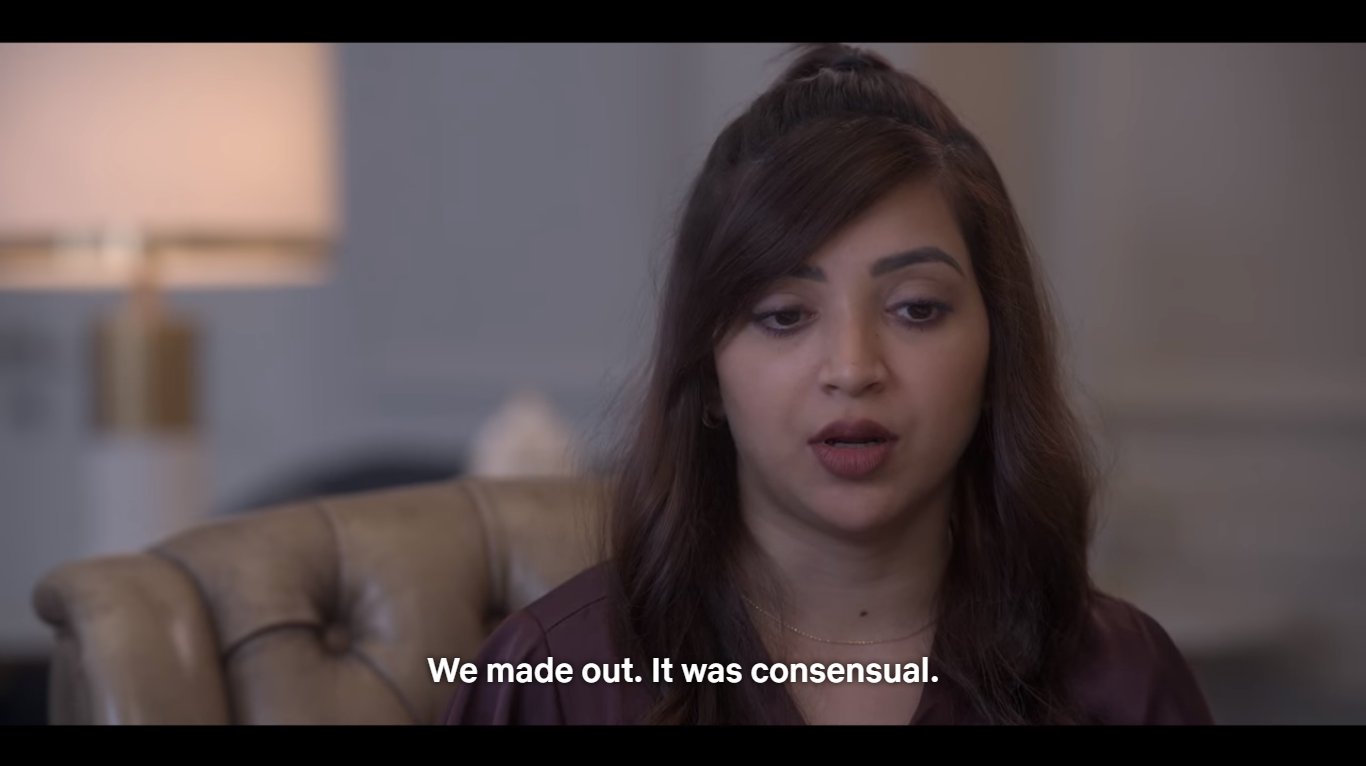
Only to later file an official complaint against her perpetrator.
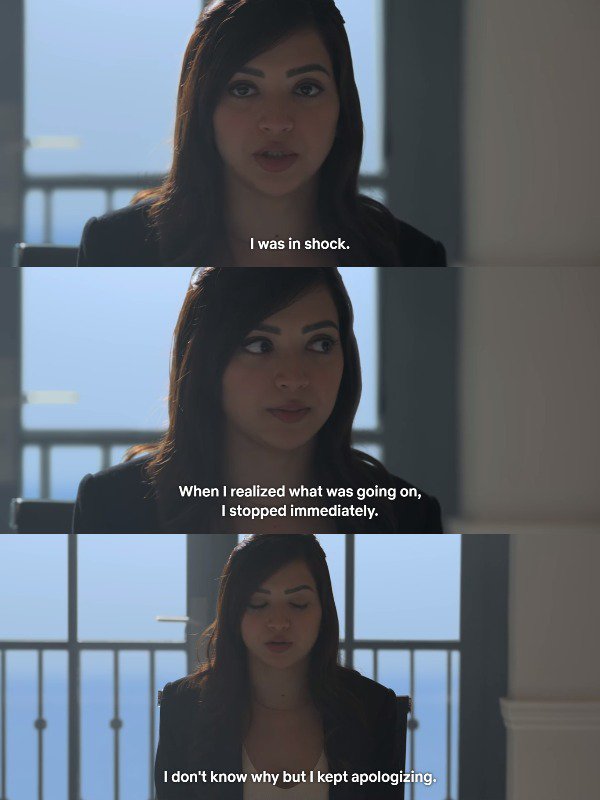
Through her ordeal, the creators effectively present the dilemma many women face – admit to being abused and face repercussions, that can range from loss of a job to ostracization by society and family. Or stay silent and let the abuse continue. It’s certainly not an easy choice.
7. When, after initially supporting Ayesha to speak up, Lily goes back on her word because, as she states, she does not have the luxury to fight against injustice.
Lily is the one who pushes Ayesha to speak up about being assaulted. But, when Lily has to choose between her son’s future and staying by Ayesha’s side, Lily chooses her son.
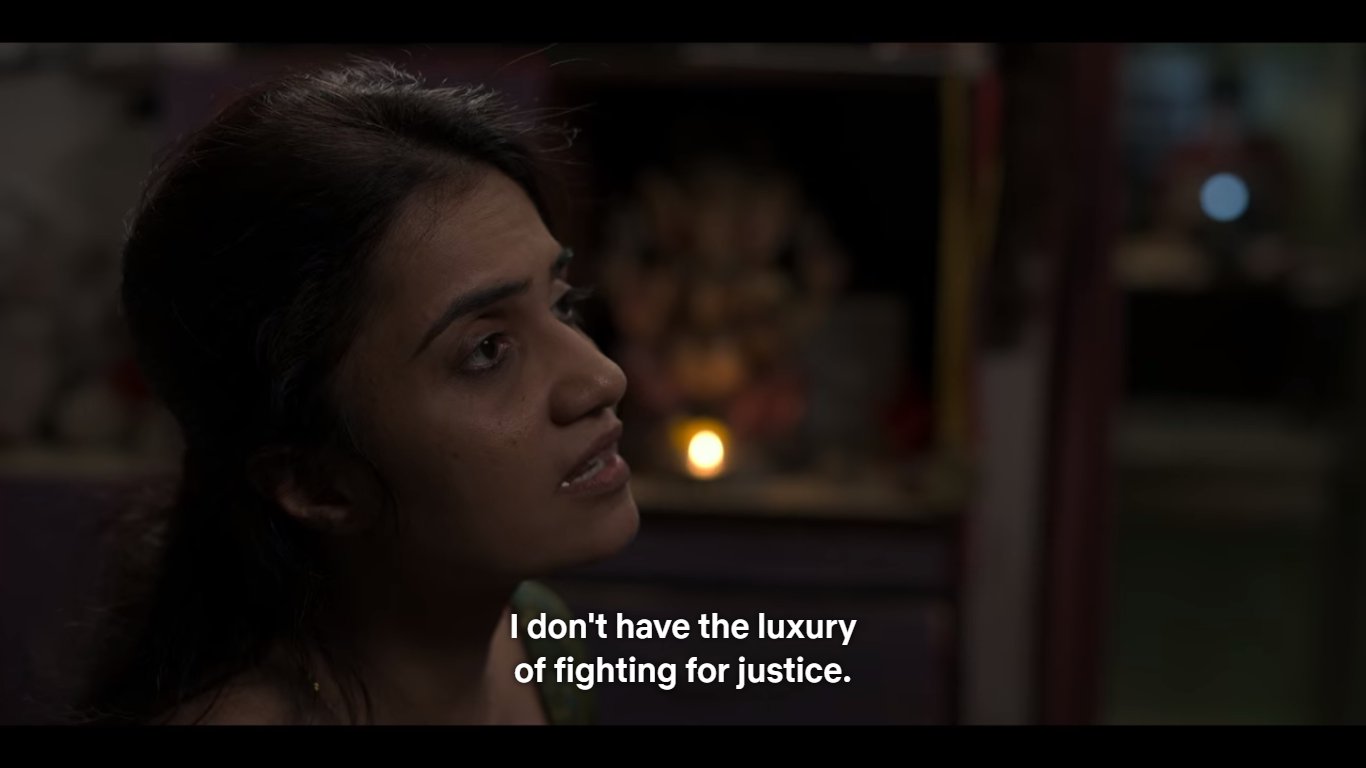
Her actions are understandable, even if they’re not morally correct.
8. When Rani teaches her stepdaughter to not make men the center of her universe.
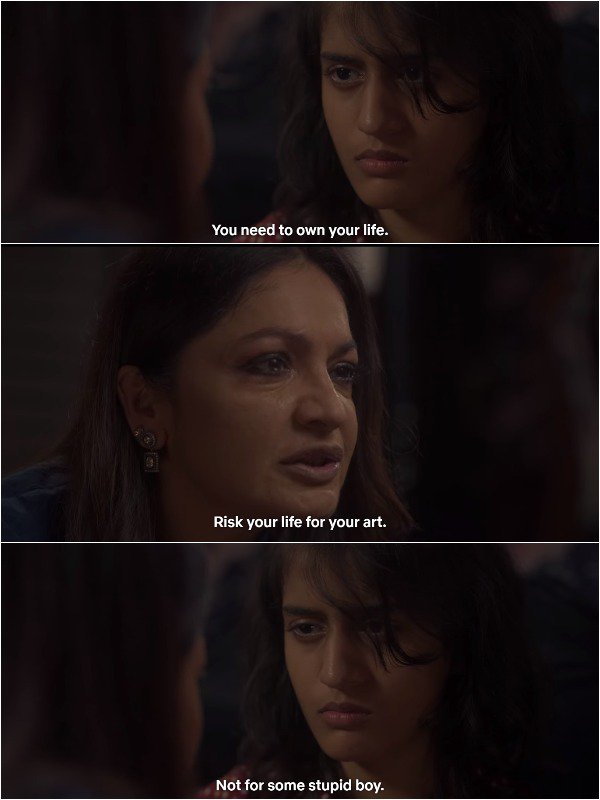
Bombay Begums is not a perfect show. But it’s certainly nailed the brief when it comes to gifting us characters we want to know more of. Because, they are characters we can see ourselves in!
All images are screenshots from Netflix, unless specified otherwise.

















